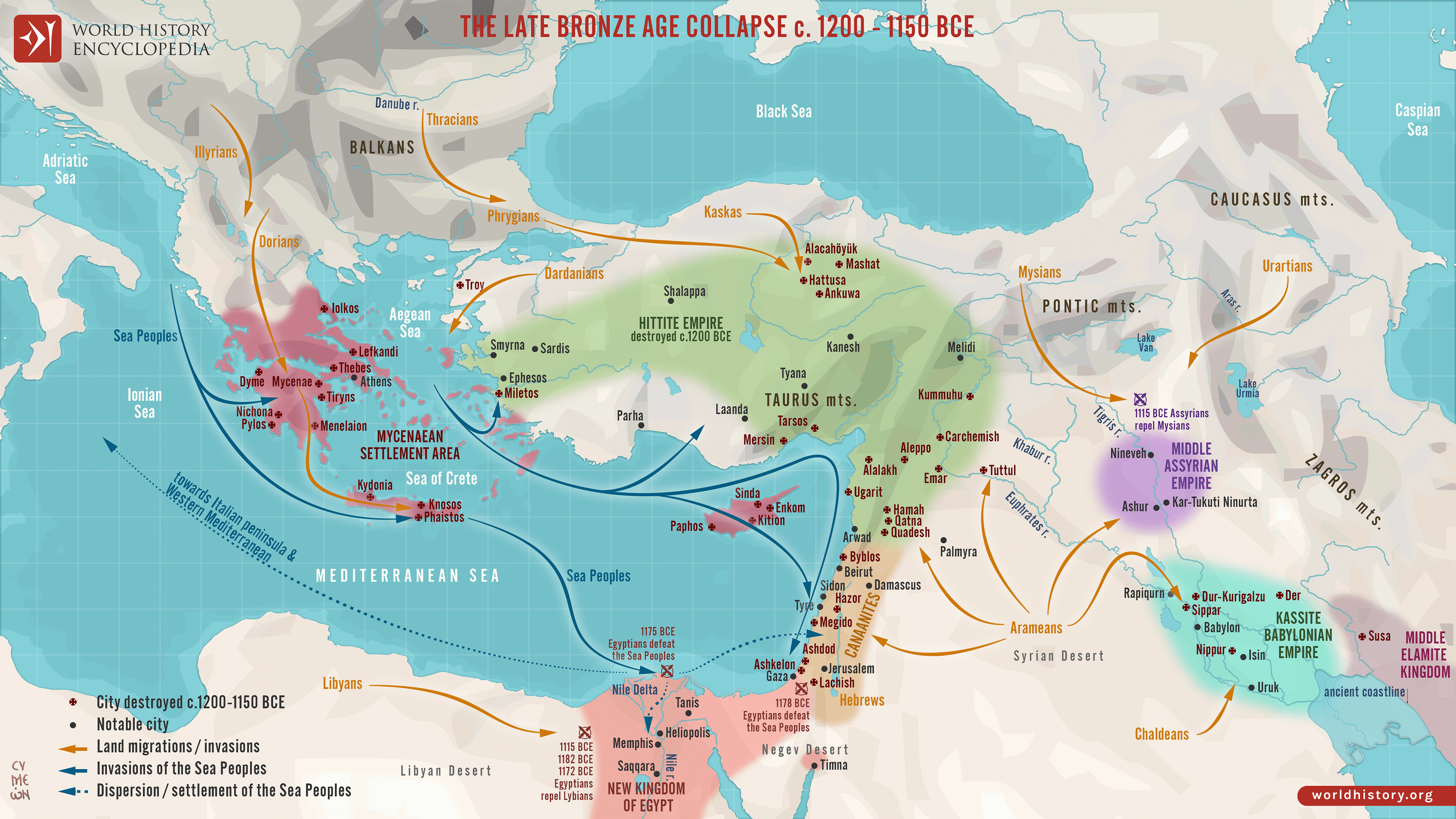Above, a view from our hotel, the Hellas Family Hotel in Fira on Santorini.
Above, a giant cruise ship looks tiny in the caldera formed by the ancient volcano. Small boats ferried passengers from the ship to the island for shopping and tours.
In Santorini, Cindy and I, Mr. and Ms. Nerdly, visited the Museum of Prehistoric Thera and the Archaeological Museum of Thera, (Thera is the Greek name for the island known to tourists as Santorini, a medieval name honoring Saint Irene.)
I loved the colors, composition, and fishing scene of this fresco from about 1600 B.C. You can see it in the Museum of Prehistoric Thera in Fira, Santorini. The fresco was recovered from the ancient Akrotiri site on the island, preserved by volcanic ash.
Above, the all-marble Panathenaic Stadium Olympic Stadium in Athens was built to host the revival of the Olympic games in 1896. It's on the site of an Olympic stadium from 1,900 years earlier.
Another stadium was built in Athens to host the 2004 Summer Olympics, but some of the events and ceremonies were held here in this older stadium.
On one of our last days in Athens, we hiked to a hill opposite the Acropolis with a great view of the restored Parthenon.
Above, at the National Museum of Contemporary Art we saw a series of works on the theme of our throwaway consumer society. Our society's ability to produce stuff far exceeds our ability to consume, so incessant marketing urges us to consume more and more and get rid of the old.
Of course we had fun on the trip. All of the hikes, shared meals, and conversations with a group of friendly, generous fellow travelers was great.
Above, group shot in Meteora, early in our trip, with our intrepid guide, Sam, kneeling in front. Cindy wants me to point out that the group changed slightly later in the trip, as a few were near the end of their trip and a few new people joined us for that birthday photo in Part 1.
Final thought: Lessons of ancient history
In addition was my personal journey. A kind of literary and historical journey through Greece. Each of our personal biographies affects how we view the world. We can never assume that we know what other people are seeing or feeling or thinking.
All of the archeological sites in Greece immersed me in the relatively recent emergence of homo sapiens -- in maybe the last 10,000 years -- as the dominant species on the planet. It was only in that time period that humans began farming, domesticating animals, creating large settlements, and communicating with written language.
I've just been reading an article on Medium titled "The Lost War That Wiped Out 95% of the Ancient World," which focuses on what it calls "the late Bronze Age collapse from 1200-1150 B.C." It describes how an advanced and globalized society was pushed into a dark age. The empires of the Eastern Mediterranean weakened and collapsed because of a series of disasters: earthquakes, volcanic eruptions, drought, migration, social turmoil, disease, and warfare.

Map from The World History Encyclopedia.
We were able to see the results at many of the archeological sites we visited. Some of the disasters were recorded in oral traditions that mixed myth and real events, such as Homer's "Iliad" and "Odyssey".
I couldn't help but reflect on Greece's role in the beginnings of our democratic institutions that took hold in Western Europe only 250 years ago. How fragile those institutions are now. Authoritarians are winning the hearts and minds of people around the world now.
Those institutions that we created guarantee our freedoms. I came home with a resolve to dedicate myself to preserving and improving those institutions.
Greece Part 1: In the footsteps of Ulysses and Lord Byron
Greece Part 2: Monasteries on pillars, the 300 Spartans, and the oracle at Delphi
Greece Part 3: Tourist town, Crete, and the Minoan Palace







.png)
No comments:
Post a Comment